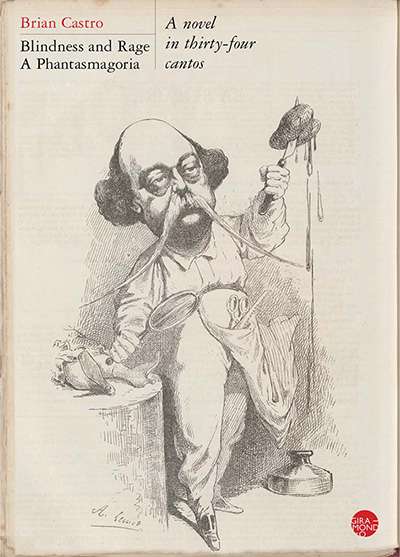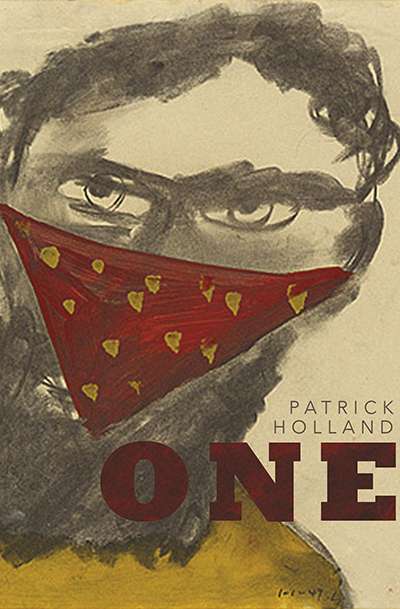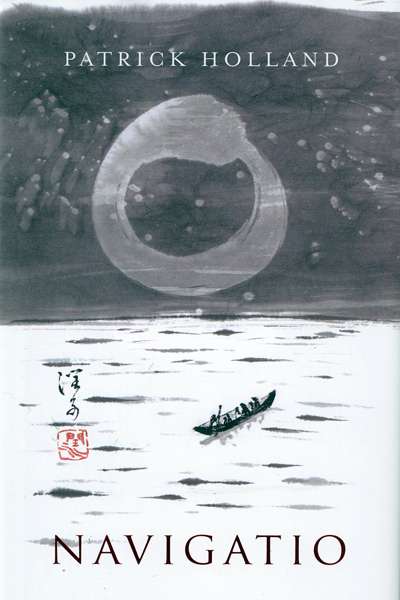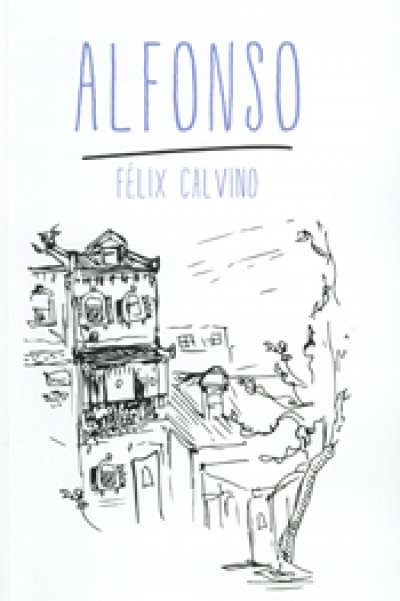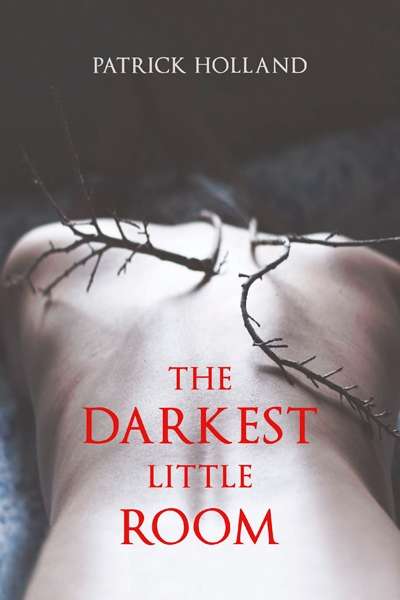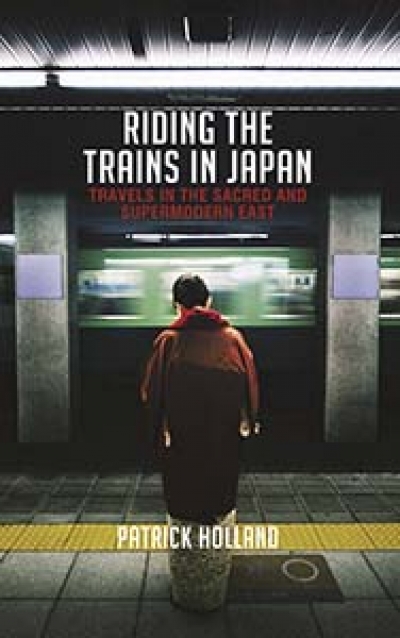Patrick Holland makes his plans clear in the first sentence of Riding the Trains in Japan (his fourth book and first work of non-fiction): ‘I arrived in Kyoto in the middle of the national holiday called O-Bon, the Japanese All Souls, when Buddhists believe departed spirits may return to earth and when ancestors and the elderly are honoured.’ His subjects and themes have been identified: himself, the people and places of Asia, Eastern spirituality and tradition, and the transient nature of life and all of its cultural accessories. The opening also reveals Holland’s technical approach: a willingness to conflate personal anecdote with documentary observation, the minutiae of daily life with the grandness of tradition, and the material world with a spiritual one. Clearly, he wants to test the conventional form of travel writing.
...
(read more)

